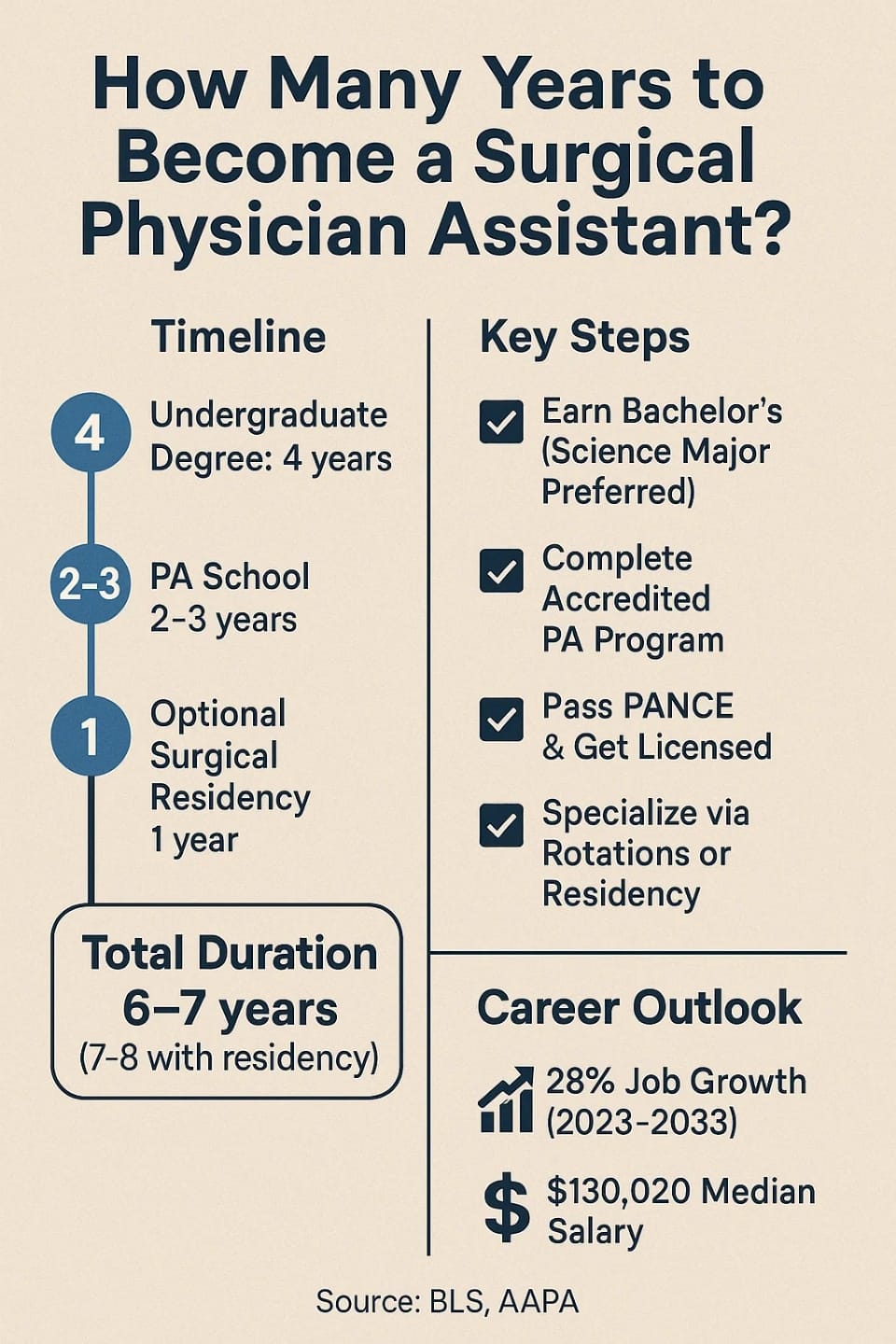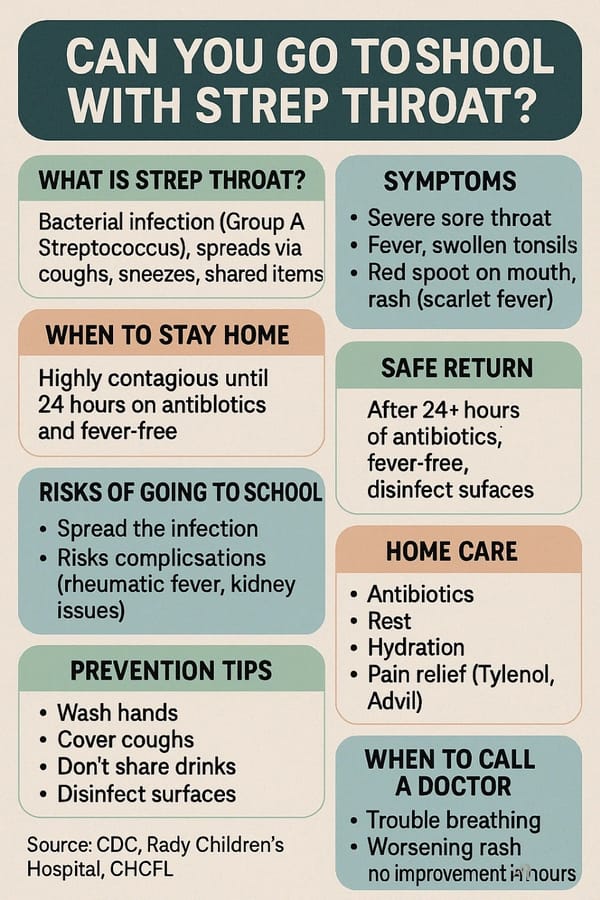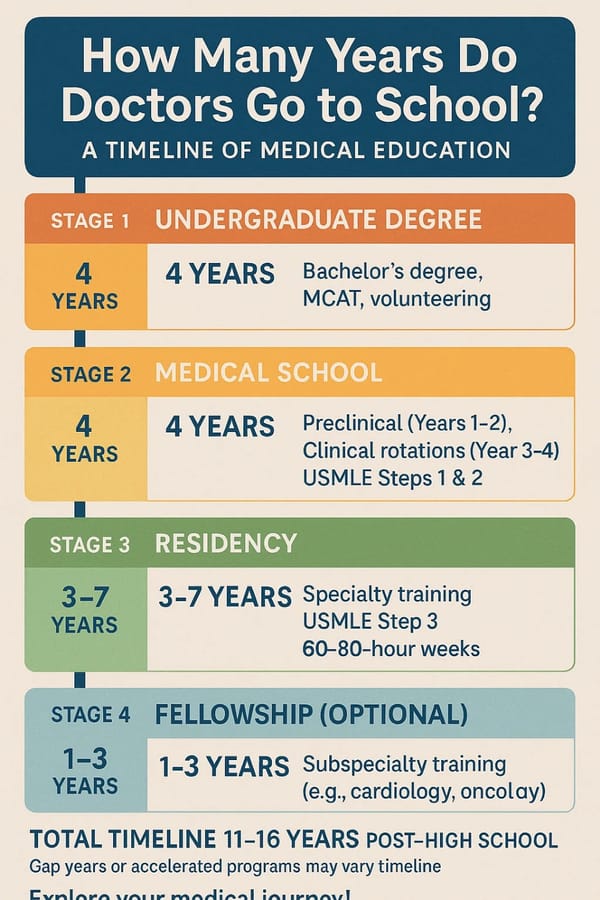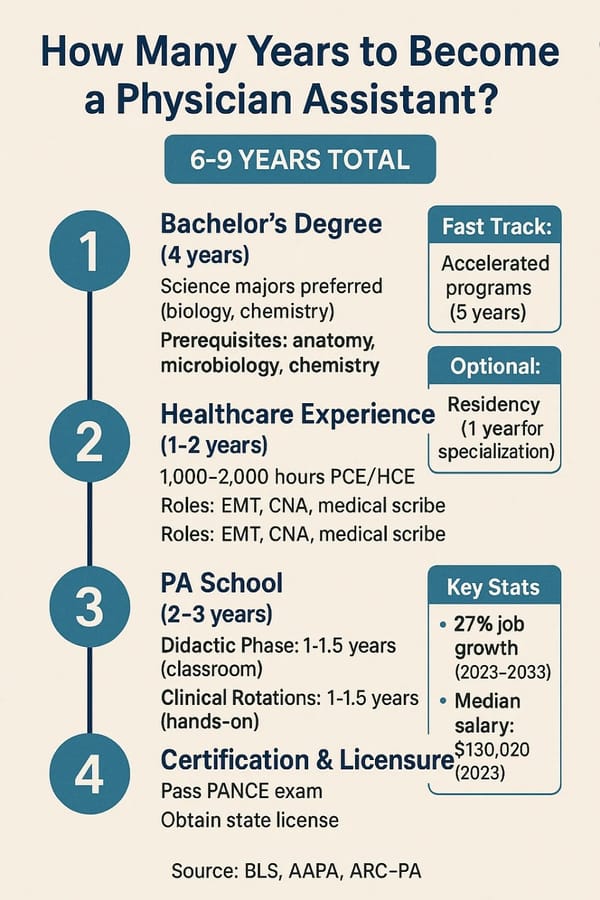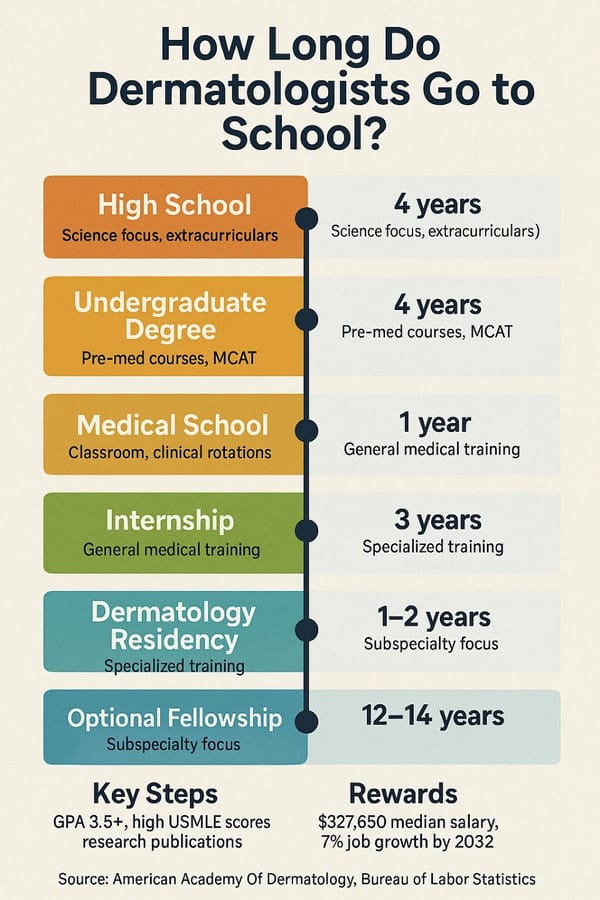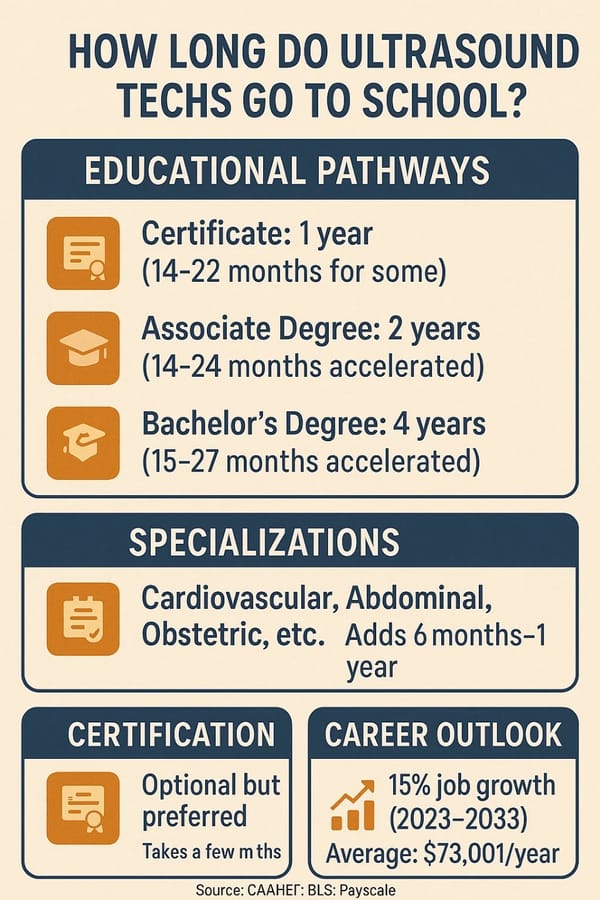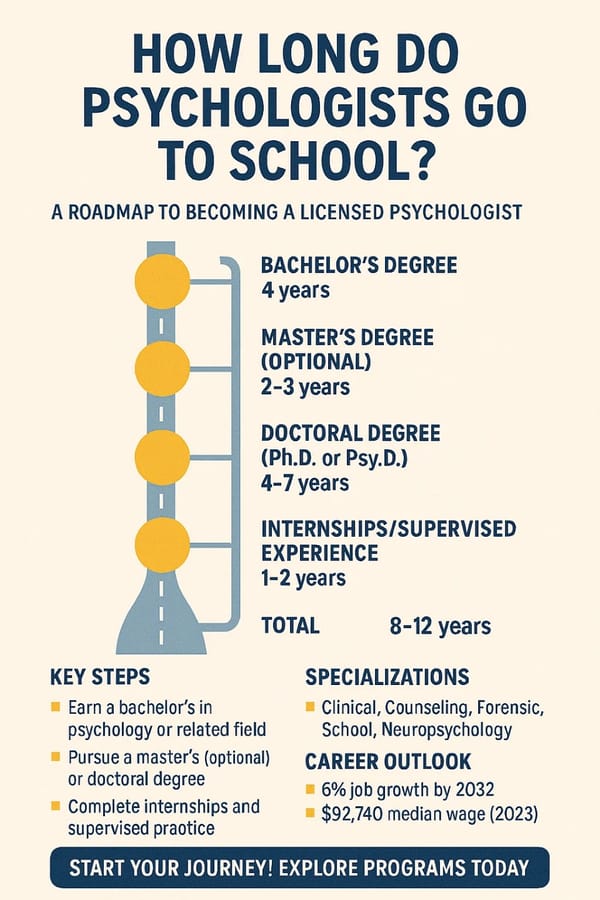What is the total duration of schooling required to become a surgical physician assistant?
The path to becoming a surgical physician assistant (PA) demands long-term dedication along with extensive education and practical training. If you’re considering this career path, you’re likely wondering: The process of becoming a surgical physician assistant requires between 6 and 7 years of formal education. Typically candidates complete 6 to 7 years of formal education to become surgical physician assistants but they can spend an additional year in specialized training which results in a total of 7 to 8 years for some students. Aspiring surgical PAs will find this article explores the educational journey while sharing personal experiences and expert advice. This complete manual provides step-by-step guidance to both high school students who aim to enter healthcare as well as professionals who are considering a career change.
Introduction: Why Surgical Physician Assistants Matter
Picture yourself in an operating room cooperating with a surgeon to conduct critical medical procedures while positively impacting patients’ lives. The daily experience of surgical physician assistants involves utilizing their advanced skills to serve as vital members of healthcare teams. Surgical physician assistants deliver complete surgical care from initial assessments to post-surgical follow-ups under surgeon supervision. Their multifaceted skills and specialized knowledge make surgical physician assistants essential in the healthcare system as professional demand increases.
According to data from the U.S. Bureau of Labor Statistics (Physician Assistants), Physician Assistant employment is expected to rise by 28% between 2023 and 2033 which greatly exceeds the average growth rate for all careers. An aging population alongside the expansion of healthcare services and cost-effective care models creates a surge where PAs excel. What qualifications and preparation are necessary to enter this dynamic field? This article provides a detailed educational timeline for becoming a surgical PA combined with practical steps and expert advice to help readers along their career path.
The Educational Pathway: A Step-by-Step Guide
To become a surgical PA requires formal education that lasts 6 to 7 years in a structured but flexible program. The pathway requires students to first achieve a bachelor’s degree followed by completing a master’s-level PA program. An optional residency year can extend specialized surgical training for interested trainees. Let’s explore each stage in detail.
Undergraduate Education (4 Years)
Students begin their surgical PA path by completing a bachelor’s degree that typically requires four years of study. PA programs permit students to select any major but most future PAs opt for biology, chemistry, or health sciences to prepare adequately for their graduate studies. Students seeking admission to PA school must complete prerequisite courses in anatomy, physiology, microbiology, and organic chemistry to prepare for the challenging PA program curriculum.
Students enrolled in certain universities can move straight from their undergraduate programs into PA school through specialized combined programs which may help them finish faster. These educational pathways remain rare options but require a total time commitment of 4 to 6 years based on the structure of each program. The American Academy of Physician Associates (AAPA) website states that students should complete required coursework and acquire healthcare experience through roles such as medical assistant positions or EMT positions to make their PA school applications stronger.
Physician Assistant School (2-3 Years)
Students must enroll in an accredited Physician Assistant program after obtaining their bachelor's degree since this program lasts 2 to 3 years before awarding a master’s degree. The programs combine rigorous classroom study with practical clinical training. The curriculum includes:
- The didactic phase involves coursework in pharmacology, pathology, clinical medicine, and surgical principles that create a comprehensive medical foundation.
- During the clinical phase students complete rotations across general surgery, internal medicine, pediatrics, and emergency medicine specializations. Aspiring surgical PAs gain essential experience through surgical rotations which allow them to work directly in operating rooms and surgical wards.
Students undertake clinical rotations lasting 4 to 6 weeks for each specialty and must work at least 40 hours per week with many experiencing longer hours. Students assist in medical procedures and evaluate patient conditions while learning how to manage stressful situations during their clinical rotations. Programs described by BeMo Academic Consulting emphasize how surgical rotations develop essential skills for pursuing a surgical specialty.
Certification and Licensure
To practice as a PA requires certification and licensure after completing the program. Every Physician Assistant must successfully complete the Physician Assistant National Certifying Examination (PANCE) which serves as a broad examination conducted by the National Commission on Certification of Physician Assistants (NCCPA). The Physician Assistant National Certifying Examination (PANCE) assesses medical and surgical proficiency to guarantee PAs deliver quality healthcare services.
After earning certification PAs need to secure a state license because each state establishes its own distinct requirements. States usually require PA candidates to show they have PANCE certification and a supervisory physician agreement along with proof of continuing education. Physician Assistants need to earn 100 hours of continuing medical education every two years and pass a recertification exam every ten years as specified by the Mayo Clinic College of Medicine & Science.
Specializing in Surgery: Additional Training Options
All physician assistants undergo generalist training but surgical specialization opportunities exist through clinical rotations and on-the-job experience along with optional postgraduate programs. The core schooling requirements remain the same when choosing to specialize but advanced training options extend the duration of study for interested individuals.
Surgical Residency Programs (1 Year)
PAs who want to enhance their surgical knowledge can benefit from surgical residency programs which deliver intensive practical training. These programs, typically lasting 12 to 13 months, are offered by prestigious institutions like Johns Hopkins Medicine and Duke University Medical Center. Residents gain advanced skills in:
- Preoperative patient evaluation
- Intraoperative assistance, including suturing and tissue handling
- Postoperative care and complication management
The Johns Hopkins PA Surgical Residency offers trainees a 12-month contract which includes a $67,477 stipend and 22 days of personal leave along with weekly educational sessions to improve surgical expertise. New surgical graduates and PAs moving into surgical practice can benefit from these programs although they do not need to complete them to practice.
On-the-Job Training
Surgical PAs obtain their expertise primarily by receiving training directly in their workplace instead of participating in formal residency programs. Once PAs graduate and find a position in a surgical practice they gain hands-on experience through direct collaboration with surgeons to learn surgical procedures and protocols. Physician Assistants develop surgical expertise through workplace training after graduation according to the Quora discussion on whether residencies are necessary for specialized PA careers.
Total Time Commitment: Breaking It Down
This summary provides clarity on the educational timeline:
| Stage | Duration | Description |
|---|---|---|
| Undergraduate Degree | 4 years | A 4-year undergraduate program leading to a Bachelor's degree in a science-related discipline sets the foundation for future surgical physician assistants. |
| PA School | 2-3 years | The PA School requires 2-3 years and includes both didactic coursework and clinical rotations leading to a master’s degree. |
| Certification/Licensure | - | Pass PANCE and obtain state license |
| Optional Residency | 1 year | One year of optional residency exists for postgraduate training in surgical specialties. |
Candidates who skip residency complete their education in 6 to 7 years. Surgical PAs typically enter the workforce after completing PA school since most learn their skills on the job while an additional year in residency extends the educational period to 7 to 8 years.
Career Outlook: Why It’s Worth the Time
Educational investments secure a strong career perspective. Physician assistants earn a median annual salary of $130,020 according to BLS.gov as of May 2023 while surgical physician assistants tend to have higher earnings because of their specialized positions. The healthcare sector anticipates 12,900 new positions each year until 2033 which provides stable career opportunities especially for surgical PAs who support complex operations and enhance patient care.
A Personal Perspective: Life as a Surgical PA
The story of Chiara Quaresimo, PA-C detailed in The PA School Prescription vividly illustrates what it takes to become a surgical PA. Chiara worked in 19 different positions before enrolling in PA school where her roles ranged from retail to Starbucks management. After witnessing a PA care for her mother during cancer treatment she began PA school at 26 and discovered her surgical career path during clinical rotations.
After finding her orthopedic job unfulfilling Chiara switched to a hospital surgical position where she started working part-time before advancing to full-time. She starts her day at 6:00 AM by performing patient rounds across three hospitals before conducting surgeries such as joint replacements and appendectomies. She values skills like inserting P.I.C.C. lines and relies on resources like Surgical Recall and Netter’s Anatomy to stay sharp. Her work timetable allows her to get rest days without using vacation time while maintaining a balance with six shifts over two weeks.
Chiara’s advice for aspiring surgical PAs? Embrace long hours, master history and physical exams (she recommends Bates’ Guide), and approach rotations with enthusiasm. Her experience highlights how passion and adaptability are necessary for success in this profession.
Tips for Aspiring Surgical PAs
Ready to start your journey? These steps will help you start your journey successfully.
- Build a Strong Foundation: Select an undergraduate major with a strong science focus and perform well in required courses.
- Gain Healthcare Experience: Volunteering or working in medical environments can enhance your application for PA school.
- Research PA Programs: Find accredited programs that offer strong surgical rotations through resources like the AAPA.
- Network Early: Establish connections with active PAs and surgeons to receive valuable guidance and mentorship.
- Consider Residency: For individuals who want to pursue surgery as a career path consider residency opportunities available at both Johns Hopkins and Duke.
Conclusion: Your Path to a Rewarding Career
A surgical physician assistant certification requires 6 to 7 years of education while an optional residency period can extend training to between 7 and 8 years. This commitment unlocks opportunities for a dynamic career that creates significant impacts in medical practice. Surgical PAs impact patient care daily by performing life-saving surgeries and developing strong relationships with patients. The field presents stable career paths alongside fulfilling work because of strong job market conditions and high salary offers.
Ready to take the first step? Begin your journey by looking into undergraduate programs while shadowing PAs and researching PA schools. Have questions or experiences to share? Drop a comment below—we’d love to hear your thoughts as you embark on this exciting path!
